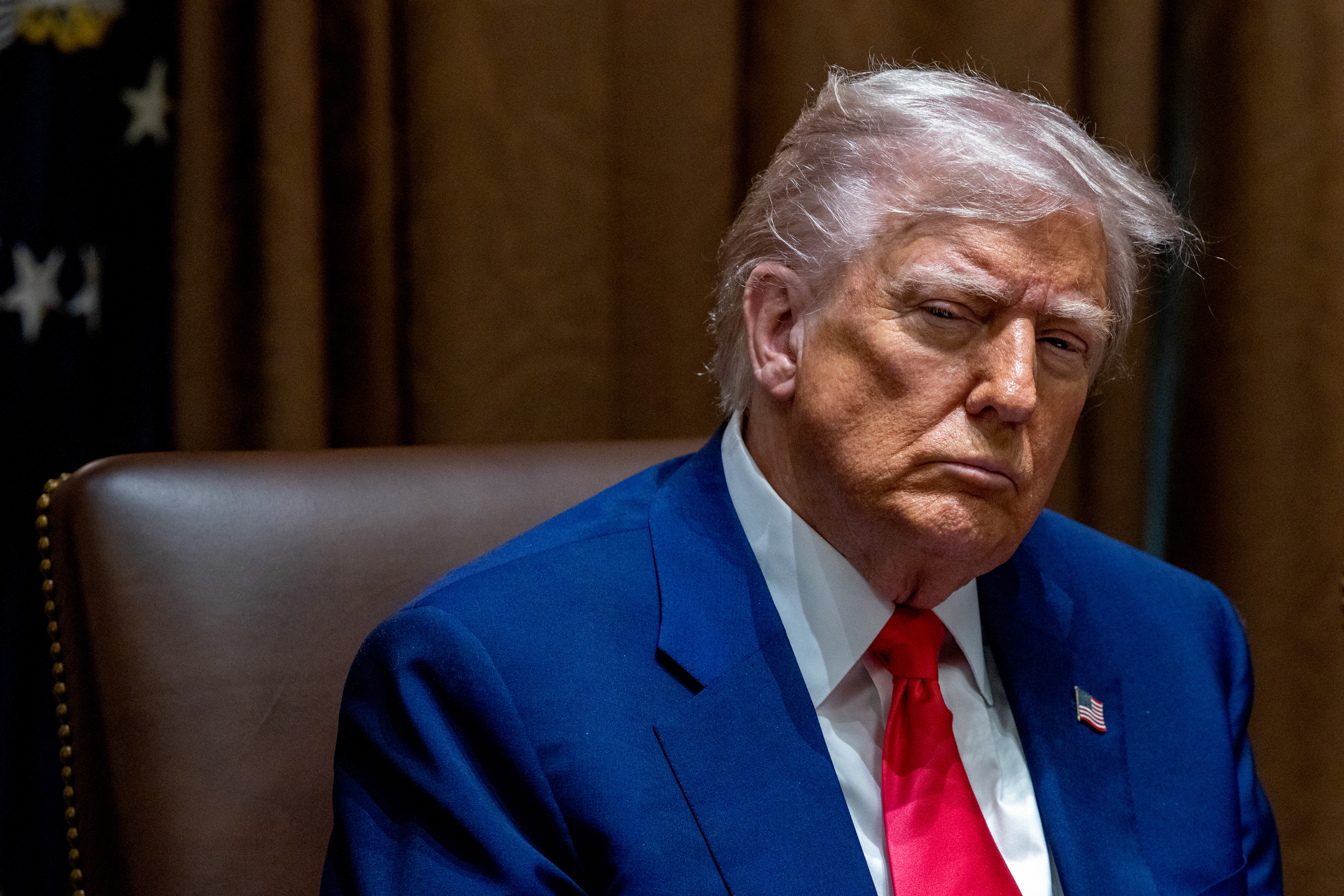A judge has ordered "Making a Murderer" subject Brendan Dassey released from prison, pending his appeal.
"We are in the process of making arrangements for his release and hope that Brendan will be reunited with his family by Thanksgiving, if not sooner," Northwestern University's Center on Wrongful Convictions of Youth said in a statement. "We urge everyone to respect Brendan’s privacy during this time of transition."
The granting of Dassey's release, first reported by NBC affiliate station TMJ4, came during a ruling Monday, which outlined several conditions, including that he can only travel in the court's Eastern District of Wisconsin, cannot obtain a passport, cannot possess a gun or any other weapons or possess any controlled substances.
He also cannot contact his uncle Steven Avery, or the family of Teresa Halbach.
"As we give thanks this holiday season for family and friends, our food will taste all the sweeter because we know that for the first time in ten years, Brendan will be celebrating in freedom with his family, too," the center wrote.
Still, Attorney General Brad Schimel said he intends to file an emergency motion in the Seventh Circuit "seeking a stay of this release order."
A federal magistrate judge ruled in August that investigators tricked Dassey into confessing he helped Avery, rape, kill and mutilate photographer Halbach in 2005. Dassey, who turned 27 Wednesday, was 16 at the time. The magistrate ordered that Dassey be freed unless prosecutors appealed or decided to retry him.
U.S. & World
In a brief filed with the 7th U.S. Circuit Court of Appeals, Schimel urged the appeals court to reject Dassey's claim that his confession was coerced.
"Substantial police coercion" is required for any confession to be ruled involuntary, Schmel said. And he said the Wisconsin Court of Appeals was right to affirm in 2013 that Dassey's confession was voluntary.
Duffin held that investigators made specific promises of leniency to Dassey and that no "fair-minded jurists could disagree." He cited one investigator's comment early in the interview that "you don't have to worry about things," plus repeated comments like "it's OK" and that they already knew what happened.
But the magistrate's ruling "ignores both the facts and the law," the attorney general said. Investigators didn't promise leniency, he said, and specifically told Dassey they couldn't make any promises.
The teenager willingly spoke with investigators and was properly informed of his rights, Schimel said. The interview took a few hours in the middle of the day, while Dassey sat on a couch and drank a soda, the investigators spoke in normal tones, and did not threaten him or make false promises, he said. And Dassey confessed to most of the important details within an hour, in response to open-ended questions, he added.
"The state courts' conclusion that Dassey's confession was voluntary is not only reasonable; it is entirely correct. Accordingly, Dassey is not entitled to relief," the attorney general said.
Halbach was killed on Halloween 2005, after she visited the Avery family's salvage yard in Manitowoc County. Investigators allege Avery lured her there by asking her to take photos of a minivan. Dassey was sentenced to life in prison in 2007. Court documents describe him as a slow learner who had poor grades and has difficulty understanding language and speaking. Avery was convicted in a separate trial and was also sentenced to life in prison. He's pursuing his own appeal.
Their cases gained national attention after Netflix aired "Making a Murderer" last year. The series spawned widespread conjecture about the pair's innocence. Authorities who worked on the cases said the series was biased, but it generated a myriad of calls from the public to free both men.



